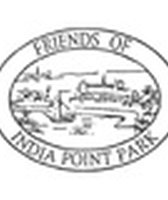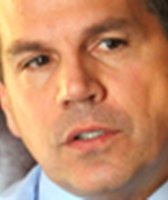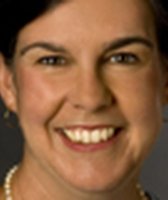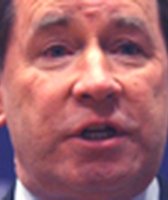Stand up for the facts!
Our only agenda is to publish the truth so you can be an informed participant in democracy.
We need your help.
I would like to contribute
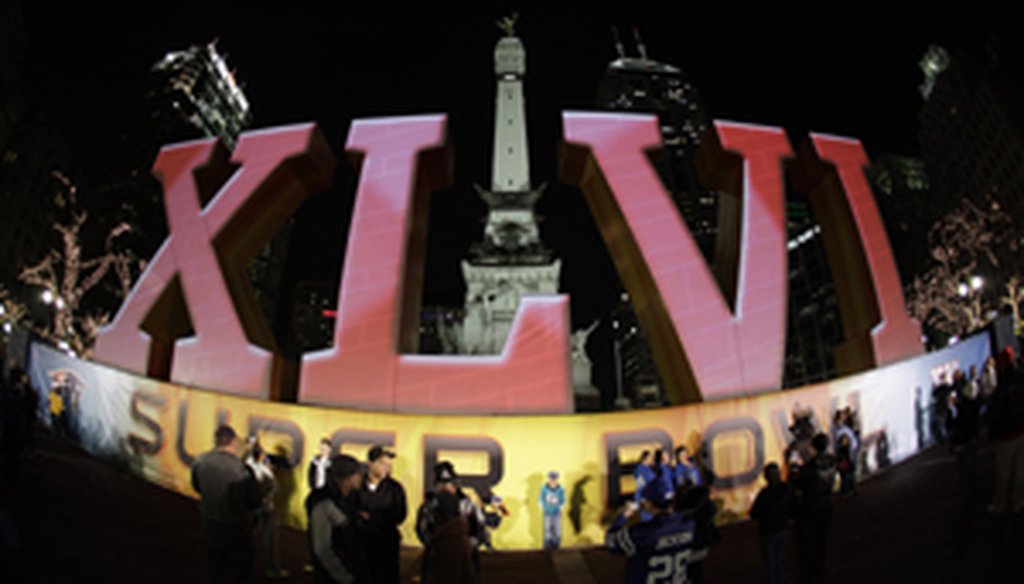
Super Bowl XLVI sign in Indianapolis
Since the Super Bowl is all about excess, it only seems fitting that a lot of claims have been made about America’s, um, biggest sporting event. (We’ll get back to that last bit later.)
With the Patriots on the verge of their fifth Super Bowl appearance in 11 years, New England seems a particularly good place to examine some of these "facts."
Politifact Rhode Island decided to look at a few claims that have been passed around over the years. However in the spirit of a day that shouldn’t be taken too seriously, we’re giving the Truth-O-Meter a break.
Sewer overflows
Here’s one that comes up every year. It goes something like this: sewage systems fail during halftime because all those fans who’ve been holding it through two quarters run to the bathroom and then flush at the same time.
Others have explored this claim and found no link whatsoever between the Super Bowl and overtaxed sewage pipes or treatment plants.
Nevertheless, we checked in with two of Rhode Island’s biggest sewer operators. After all, with so many Patriots fans in the Ocean State and so many recent Super Bowl appearances by the team, shouldn’t this be Ground Zero for the halftime-sewer-failing phenomenon?
"It doesn’t happen," said Janine Burke, executive director of the Warwick Sewer Authority.
"We never had it happen here," said Jamie Samons, spokeswoman for the Narragansett Bay Commission, which operates wastewater treatment plants in Providence and East Providence.
Samons did refer us to a report in a sewer industry publication that found in one California community an increase in water flow at halftime during the Super Bowl and again after the game.
And Burke pointed us to an article in a different industry magazine that looked at sewer use in an Indianapolis neighborhood when the Colts played in the 2007 Super Bowl. Usage was higher than normal before the game but lower than normal during the game, including the halftime break.
"There is apparently some contention over flushing patterns during the Super Bowl," Samons acknowledged.
Still, neither piece reported that sewer systems failed.
Burke said it’s conceivable that sewer use increased in Warwick during the Patriots previous Super Bowl appearances, but sewer systems are designed to handle heavy usage. So the system never failed, right?
"I think I would have remembered that," she said.
Domestic violence
Ever heard that Super Bowl Sunday is the worst day of the year for domestic violence? This is a claim that fits neatly into the stereotype of the loutish male sports fan.
Snopes.com has charted the history of this claim, going back to its origins in a news conference held by a coalition of advocacy groups in Pasadena, Calif., before the 1993 game between the Dallas Cowboys and the Buffalo Bills (the Cowboys won, 52-17). According to a Washington Post story that debunked the claim a few days later, the groups relied on a small study of football fans and domestic violence that was carried out in northern Virginia. But, it turned out, they misquoted the study’s findings, wildly overstating the results.
Still, the claim won’t go away. Locally, in 1997, in response to it circulating anew through the University of Rhode Island, the head of the school’s Center for the Study and Prevention of Intimate Violence sent out a campus-wide email that said that new research actually found "no relationship at all" between the game and violence against women, according to a story in The Journal.
Since then, no other studies have shown a direct link between the game and an increase in domestic violence, said Deborah DeBare, executive director of the Rhode Island Coalition Against Domestic Violence. She also hasn’t heard anecdotal evidence of any connection in Rhode Island.
DeBare said that the heightened emotions that come with the Super Bowl could make it a risk factor for violence. Excessive drinking during the game is also a risk factor, as is gambling,
But, said DeBare, "it’s not a causal relationship."
Car accidents and arrests for driving under the influence
People tend to drink a lot during the game so it stands to reason that car accidents and DUIs are higher on the day of the Super Bowl. We found many references on the Internet to game day being one of the worst days for drunken driving, but no research to back up those claims
The National Highway Traffic and Safety Administration and the Insurance Institute of Highway Safety have both compiled lists of the worst holidays for drunken driving (as you’d expect, New Year’s Day and the Fourth of July are at the top), but neither examined Super Bowl Sunday.
Rhode Island State Police Supt. Col. Steven O’Donnell double-checked with the NHTSA and couldn’t find national or state statistics for accidents on game day.
But he said it’s logical to expect the chances for drunken driving incidents to increase with the Super Bowl and compared the day in some respects with New Year’s Eve. So the state police increases patrols on the day of the game.
Preventing drunken driving "is one of our top priorities anyhow," O’Donnell said. "When there’s some event when people would take advantage of more alcohol, then we’d tend to increase patrols."
Pizza, etc.
This is perhaps the most popular category of statements about the big day. Pick a junk food or beverage and you can almost be sure that someone somewhere has claimed that more people consume it on Super Bowl Sunday than any other day of the year.
First, some context. Game day is the second-largest eating day of the year, behind only Thanksgiving, according to the U.S. Department of Agriculture.
That means a lot of wings are eaten. The National Chicken Council reports that the Super Bowl weekend is "unquestionably the biggest time of the year for wings," with 1.25 billion wing portions expected to be served this year.
A lot of pizza, too. Pizza Today magazine says that Super Bowl Sunday is one of the five biggest pizza days of the year. The others are Halloween, the day before Thanksgiving, New Year’s Eve and New Year’s Day.
And a good deal of beer. Last year, The Nielsen Company found that beer sales on the day of the game ranked seventh annually behind Memorial Day, the Fourth of July and other holidays.
"There’s certainly a lot more activity," said Chuck Borkoski, vice president of marketing for beer distributor McLaughlin & Moran. "Especially when the Patriots are fortunate enough to be in the Super Bowl, then it ramps up beer sales."
The Patriots’ run through the playoffs to the Super Bowl has also been a boon to pizzerias. Tommy Sacco, the owner of Tommy’s Pizza, will double the number of delivery drivers at his stores in Cranston and Providence to deal with the additional business from the Super Bowl. He will also bring in more bakers.
Sacco is a longtime fan of the San Francisco 49ers, but his loyalties are divided.
"As far as a pizza man," he said, "I’ve come to love the Patriots."
America’s biggest sporting event?
And lastly, the 2011 Super Bowl, with 111 million viewers, was the most-watched TV program of all time in the United States, overtaking the previous record-holder -- which was the 2010 game, according to The Nielsen Company.
So on this claim, we’re certain. The Super Bowl is the nation’s biggest sports event.
Our Sources
Various

